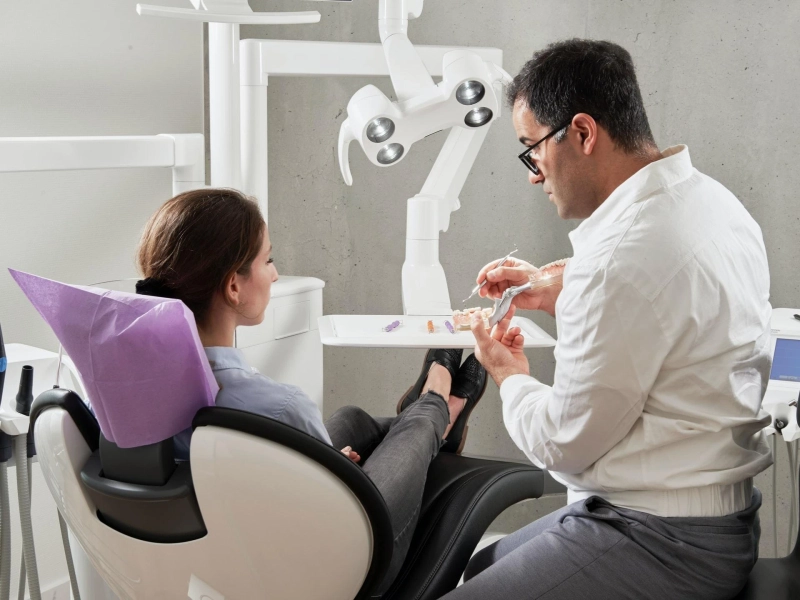When it comes to dental care, it's important to choose the right dentist to meet your individual needs. While general dentists can provide a range of services to maintain good oral health, advanced dentists have additional training and expertise in specific areas of dentistry. In this article, we will discuss the benefits of choosing an advanced dentist for your dental care needs and how to go about arranging a dental appointment with one.
What is an Advanced Dentist?
An advanced dentist is a dental professional who has undergone additional training and education beyond what is required for general dentistry. This additional training allows them to specialize in specific areas of dentistry, such as orthodontics, periodontics, endodontics, prosthodontics, or oral surgery.
Advanced dentists may also have specialized equipment and technology to provide more advanced dental treatments, such as digital imaging, laser dentistry, and CAD/CAM technology for same-day restorations.
Benefits of Choosing an Advanced Dentist
Specialized ExpertiseOne of the main benefits of choosing an advanced dentist is their specialized expertise in a specific area of dentistry. This allows them to provide more advanced treatments and procedures to address specific dental issues. For example, an orthodontist can provide more specialized treatment for misaligned teeth and bite issues, while a periodontist can provide more specialized treatment for gum disease and other periodontal issues.
Advanced TechnologyAdvanced dentists often have access to more advanced technology and equipment than general dentists. This allows them to provide more precise and effective treatments, as well as more comfortable and convenient procedures for patients. For example, an advanced dentist may use laser technology for gum surgery, which can provide faster healing times and less discomfort for the patient.
Personalized CareBecause advanced dentists specialize in specific areas of dentistry, they are able to provide more personalized care to meet their patients' individual needs. They take the time to understand each patient's unique situation and provide customized treatment plans to achieve the best possible results.
Comprehensive TreatmentAdvanced dentists can provide comprehensive treatment for a wide range of dental issues. They can address not only the immediate problem, but also any underlying causes or contributing factors to ensure that the issue is fully resolved and doesn't recur in the future.
How to Arrange a Dental Appointment with an Advanced Dentist
Research Advanced Dentists in Your AreaThe first step in arranging a dental appointment with an advanced dentist in roswell is to research the options in your area. Look for dental professionals who specialize in the area of dentistry you need, such as orthodontics or periodontics, and who have the expertise and experience to provide the level of care you require.
Check Credentials and ExperienceOnce you have identified potential advanced dentists in your area, it's important to check their credentials and experience. Look for dentists who have completed advanced training and education in their area of specialization, and who have a track record of providing quality care to their patients.
Read Reviews and TestimonialsReading reviews and testimonials from other patients can give you valuable insight into the quality of care provided by a particular dentist. Look for reviews on the dentist's website, as well as on independent review sites like Google and Yelp.
Schedule a ConsultationBefore scheduling a dental appointment with an advanced dentist, it's a good idea to schedule a consultation to discuss your dental needs and treatment options. During the consultation, the dentist can examine your teeth and gums, discuss your dental history and any concerns you may have, and develop a customized treatment plan to address your individual needs.



